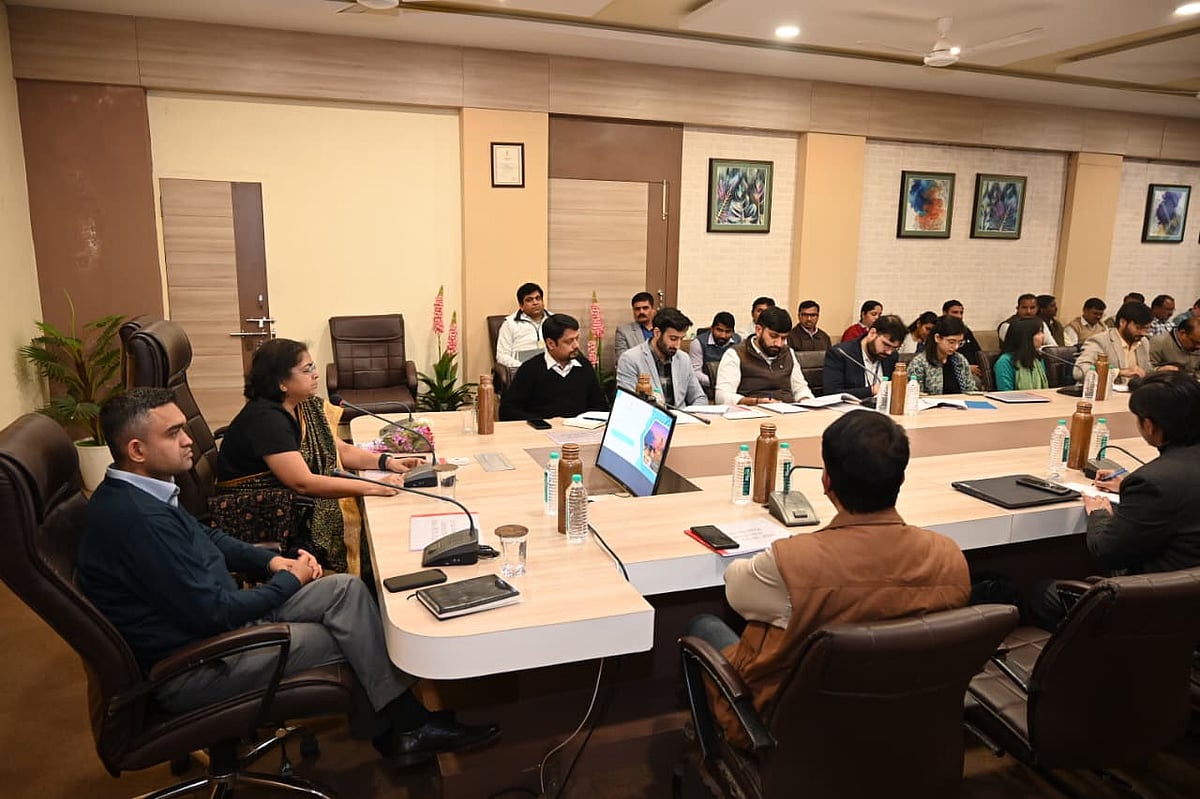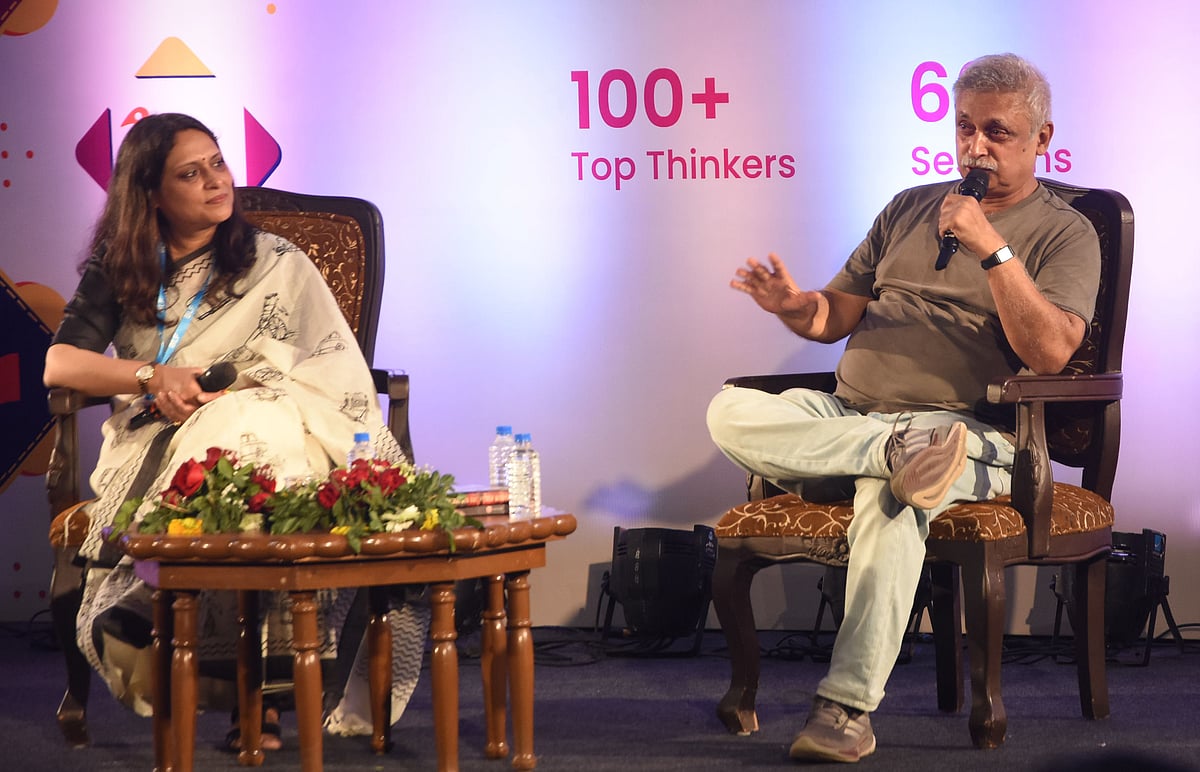Indore (Madhya Pradesh): More than three decades after India liberalised its economy, the legacy of its protectionist past continues to shape how companies invest in innovation, according to new research from the Indian Institute of Management Indore.
The study, “History is Prologue: Impact of Closed Economy Imprints (1956–1991) on Investments in Innovation by Indian Firms,” co-authored by Prof Manish Popli, found that firms influenced by the pre-1991 closed economy remain hesitant to commit resources to innovation, even in today’s competitive environment.
Between 1956 and 1991, India’s industrial policy was rooted in import substitution, supported by a licence- and quota-based system that limited competition. This created what the researchers describe as “closed economy imprints” — organisational routines, leadership mindsets and decision-making approaches suited to a regulated market but ill-suited for a liberalised, innovation-driven economy.
“History leaves a deeper mark on organisations than we often realise,” said Popli. “Firms that were born or operated in the closed economy era developed ways of thinking where innovation was not necessary for survival. Those logics still persist, even decades after reforms,” he added.
To test this theory, the researchers analysed 9,650 firm-year observations from 1,627 Indian manufacturing companies between 1995 and 2010, using data from the Prowess database. The findings showed a clear negative relationship between exposure to the pre-liberalisation regime and firms’ willingness to invest in innovation in the years after liberalisation.
According to the study, companies shaped by the closed economy often deprioritised research and development because of limited competition, regulatory complexity and weak intellectual property enforcement. Even when external conditions changed, decision-makers continued to operate with these inherited mindsets, constraining their ability to adapt to a globalised marketplace.
Experts say the findings highlight the long-lasting influence of historical institutions on firm behaviour. “It’s not just about policy changes. Firms carry institutional memory. If that memory was built in a protected environment, it affects how they perceive risks and opportunities today,” Popli said.
The research has implications beyond academic debate. For policymakers, it underscores the need to design incentives that help firms overcome historical inertia. For business leaders, it is a reminder that strategy must actively challenge outdated routines and encourage cultures of experimentation and risk-taking.
By connecting economic history with organisational theory, the study adds depth to discussions on innovation in emerging economies. It also strengthens IIM Indore’s growing reputation for high-impact scholarship at the intersection of policy, strategy, and business behaviour.
“As India positions itself as a global innovation hub, we must recognise that the past still shapes the present,” said Popli. “Understanding and addressing these imprints is critical if we want firms to invest boldly in innovation and compete globally,” he added.
The study highlights a paradox: liberalisation opened opportunities, but the mindset of protectionism lingers. In the race to build an innovation-driven future, India’s companies may first need to reckon with the ghosts of their past.










